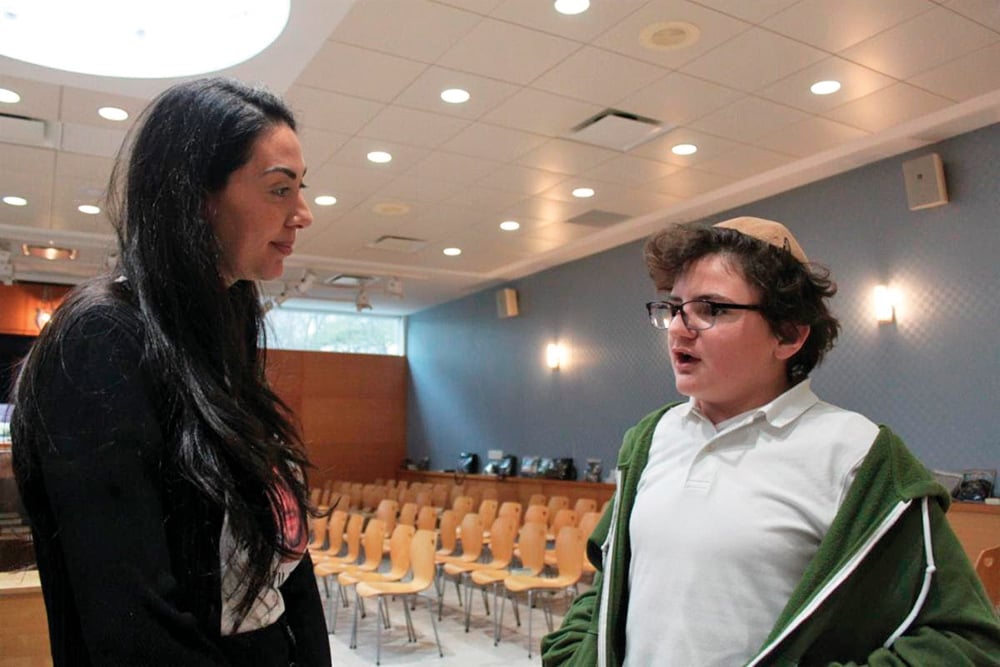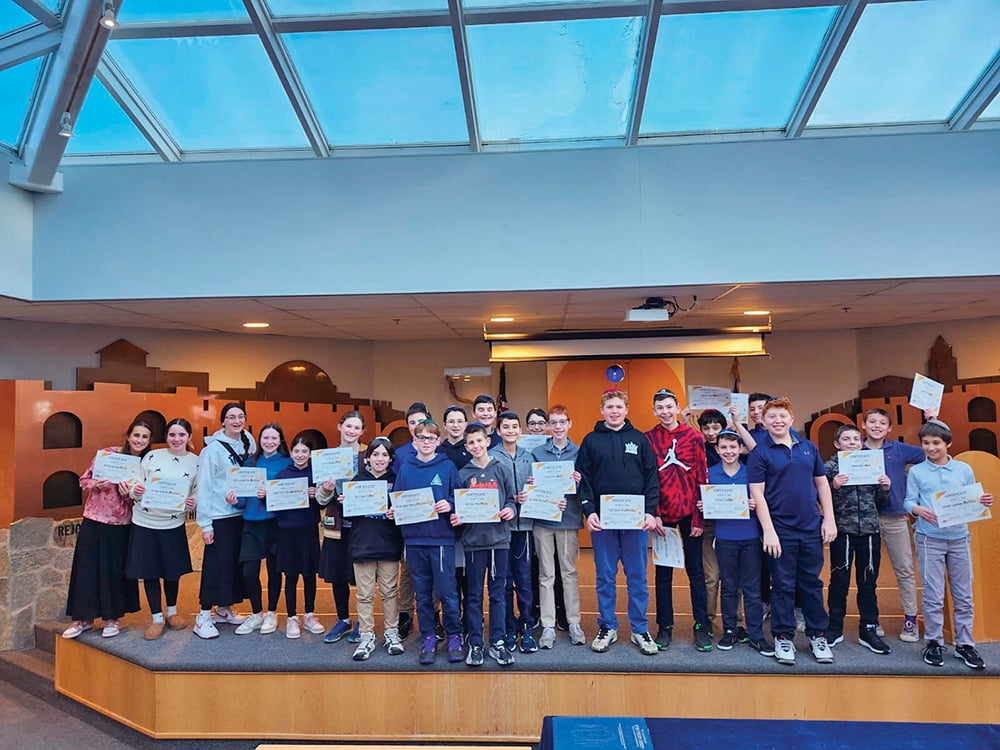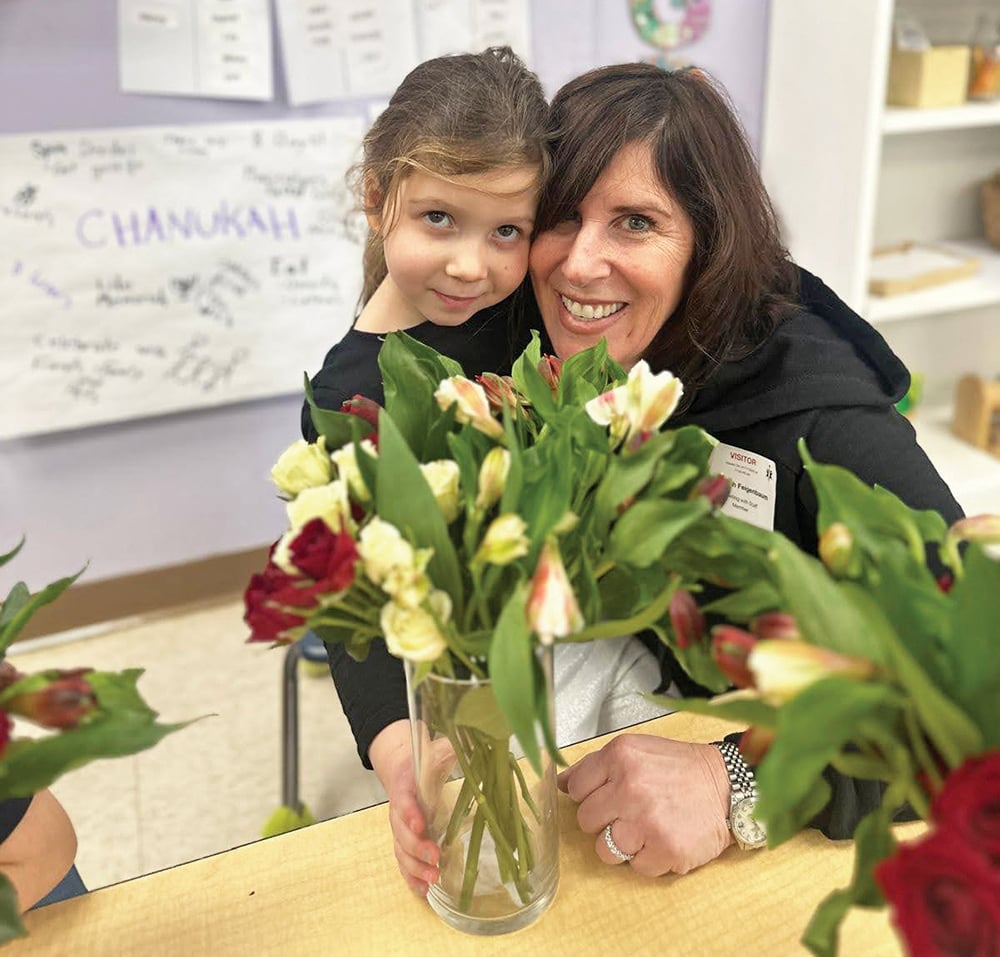
In trying to figure out why we refer to this time of year as the “High Holiday Season,” I have come up with some theories. The word “high” implies happy, light, carefree…a wonderful time to be a Jew. Here we have the beginning of the new year, where we try to make peace with all of the things that have happened over the past year, good, bad and otherwise. We wish our fellow man “Happy new year!” “May it be a healthy and sweet year!” “May all of your prayers be answered.” And, for the most part, we mean them to the person we are saying them to. I often find it ironic that on the day before this holiday I will inevitably run into someone that I have successfully avoided most of the year, which is what happens when you rarely leave your house. I find that scenario to be the true test. The can-I-look-her-in-the-eye-and-be-genuine? test. Yes, the answer is yes, because according to the rabbi’s speech, if God sees that I am not holding a grudge, hopefully He won’t hold a grudge against me. And truthfully, no matter what some of you may think of me, I wish only good things to all people, whether or not I like them, whether or not they like me…it’s all good. Ok, onward.
Then we have Yom Kippur. This is a tricky one. It is hard to be feeling “high” when so much is at stake. We attempt to apologize to people that we have wronged, or that we think we may have wronged because they don’t seem to like us anymore, and it is a difficult thing to do. When we were in elementary school we learned that if someone asked for forgiveness, you needed to forgive them. And then there was something about if you asked for forgiveness three times and the person still wouldn’t forgive you, then the sin was on them—but I am not really clear on that memory.
In any event, the pulse is racing, our hearts are pounding—no one knows what their verdict is and it is scary. I spend a good part of this holiday worrying and crying. And not even worrying about me, necessarily—worrying about my kids and my parents. Worrying that maybe something I did might affect their outcome. Worrying about all of the things that I know I should change and probably could change, but end up being complacently ambivalent about. Not an easy day. And there is no food involved. So then we move on the last leg of the “High Holiday Season” and this would be Sukkot (insert Law & Order music here.)
This part is the true test of the holiday. Why? Well, let’s see. There is the taking out of the sukkah (oh rats, where did I leave those poles?), the building the sukkah (our neighbors are all hiding because they know we need help building it since son #2 and his diagrams are in Israel), the decorating the sukkah (hope Amazing Savings is still open), the illuminating of the sukkah (why can’t I remember where I put that extension cord) and then, when you are done will all of that, there is cooking for the sukkah.
There is a group on Facebook called I Don’t Cook But I Give Out Recipes and it is amazing. People post all sorts of easy recipes, complex recipes—all levels of culinary expertise can handle this site. But come High Holiday season and all bets are off. Ladies (and I only say ladies because that is who posts on this site) started posting their holiday menus. Appetizers, mains, salads, desserts and even cocktails. Things like fig and date tarts with drizzled onions, roasted lamb with pomegranate stuffing, three chocolate mousse nestled amongst ladyfingers with a strawberry sorbet accompaniment. Come on!!! A friend on Facebook had pointed out the complexities of these menus and all I could think was, “Gee, my menu was fish sticks and spaghetti with whatever ice cream flavor was in the freezer.” I must be the worst wife and mother ever. I have never even brought a fig into my house! I don’t even know what a fig looks like let alone setting it up on a date with a date and a tart…where oh where have I gone wrong?
But then I came back to reality and realized that my family likes fish sticks and spaghetti. They like second cut roast that hasn’t been seasoned with 40 different spices and then sung to by a choir of Italians to bring out the true flavor; it is just fine with a bottle of Saucy Susan poured over it, covered with tinfoil and baked in the oven at 325 degrees for three hours. Because the high holiday season is about being high on all that the holiday season means—a good rabbi’s speech, a conversation with God that has meaning and conviction and a meal that makes everyone happy. And as another holiday season nears its end, take the time to make one change for the better and maybe this year, 5777, will be the best one yet.
By Banji Latkin Ganchrow
Banji Ganchrow’s new year’s resolution is to carry Rabbi Zahtz’s second-day-of-Rosh-Hashanah speech around with her and re-read it every chance she gets. Yes folks, it was that good…













